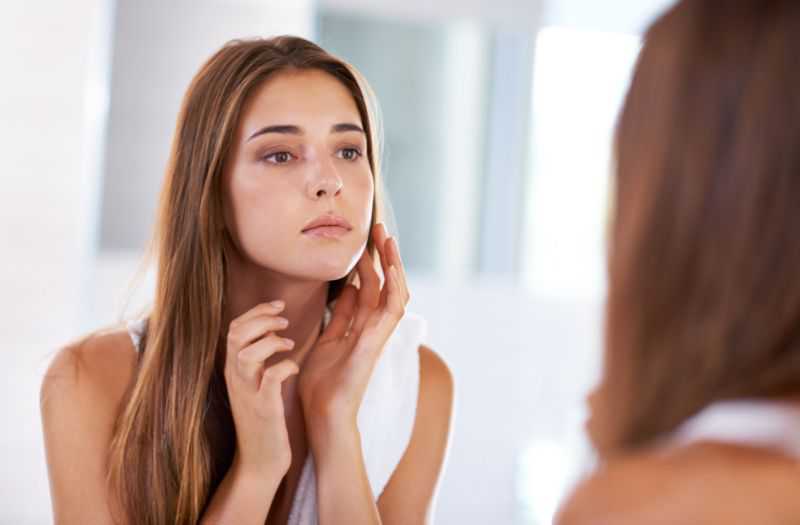The skin-care ingredient that's just as powerful as retinol, but without the irritation and redness
03 October, 2018

Second only to SPF, retinol is widely considered the gold standard of skin care by most dermatologists. The all-star ingredient has been proved to fight acne, smooth wrinkles, and improve tone — but with such potent powers comes a drawback.
“As a dermatologist, retinol is an ingredient I often recommend to my patients. However, the one downside to retinol is that my patients can be afraid to incorporate it into their skin care routine given that it often requires a tolerance buildup,” explains Dendy Engelman, MD, a dermatologist at Manhattan Dermatology and Cosmetic Surgery in New York City. “To see results from retinol, you need to use it consistently, but some patients can’t get past the initial dryness, redness, and peeling skin that is sometimes associated with adding retinol to their routine.”
So what does Engelman prescribe her patients who want to reap those same benefits minus the irritation? Bakuchiol.
Pronounced “back-uh-heel,” the natural, over-the-counter extract is the buzzy new ingredient that has proved to be just as powerful as retinol, without the downside. “Bakuchiol is an antioxidant found in the seeds of the babchi plant,” Engelman tells Yahoo Lifestyle.
A 2014 study published in the International Journal of Cosmetic Science outlined how bakuchiol functions similarly to retinol with its anti-aging effects, upregulating and stimulating collagen just like its chemical counterpart. The 12-week study also showed that using bakuchiol twice a day resulted in “a significant improvement in lines and wrinkles, pigmentation, elasticity, firmness and overall reduction in photo-damage.”
“Bakuchiol is a proven ingredient, and is also free of the common side effects associated with retinol, including irritation, peeling, redness, and drying,” adds Engelman.
Since bakuchiol works as an anti-inflammatory and an antioxidant, those with dry, sensitive skin can reap the benefits of using the gentle ingredient — and the upside doesn’t stop there. “Unlike retinol, which can be too harsh on skin and only used at night, bakuchiol can be used morning and night,” says Engelman. “The antibacterial properties of bakuchiol also mean it’s great for those with acne and have oily skin.”
When she prescribes retinol to her patients, Engelman says the rule of thumb is to avoid specific products such as “exfoliators, toners, and benzoyl peroxide” since they can further irritate skin. “However, due to bakuchiol’s natural composition it is safe to use with other products in your skin care regimen,” she says. “Also, unlike retinols that should be avoided while pregnant, bakuchiol is safe to use.”
While longtime retinol users may not see a need to incorporate bakuchiol into their daily skin care routine, Engelman says they can use both simultaneously. “If my patients can tolerate a retinol and want to try bakuchiol, I recommend they incorporate both into their skin care routine. There are no known side effects to using a retinol and bakuchiol in the same skin care regimen.”
Given the clinical results and the mere fact that it doesn’t irritate skin the way retinol does, Engelman says she won’t be surprised to see the bakuchiol pop up in more skin care products. “I think as more research is conducted on the benefits of bakuchiol, you may see a shift in what dermatologists are recommending to their patients.”
Just this year, we’ve seen a few new bakuchiol-boasting products pop up. “One of my favorite products is ISDIN Melatonik,” says Engelman. “It’s a nighttime serum formulated with three key ingredients including melatonin, bakuchiol, and vitamin C. Together, these ingredients work to help the skin repair, restore, and correct itself at night, while preparing it for the next day.”
